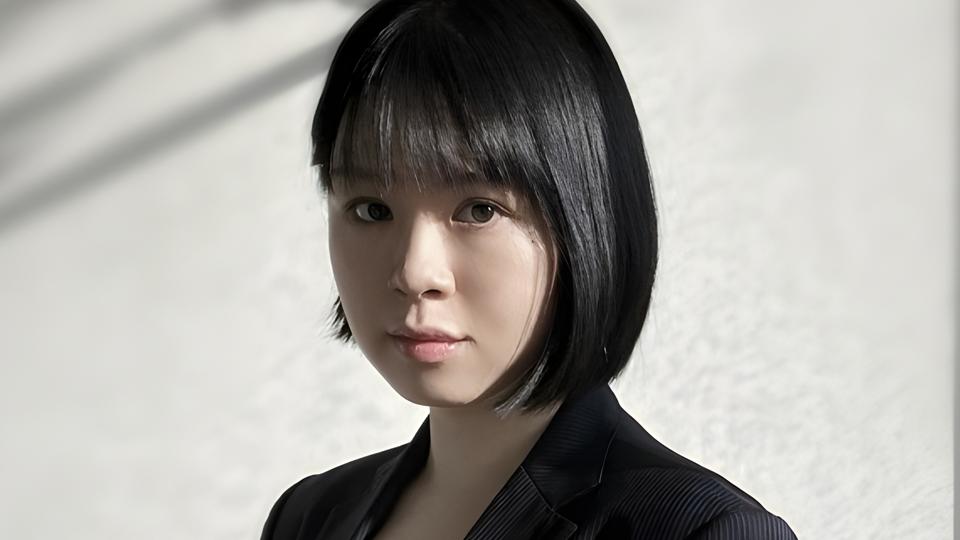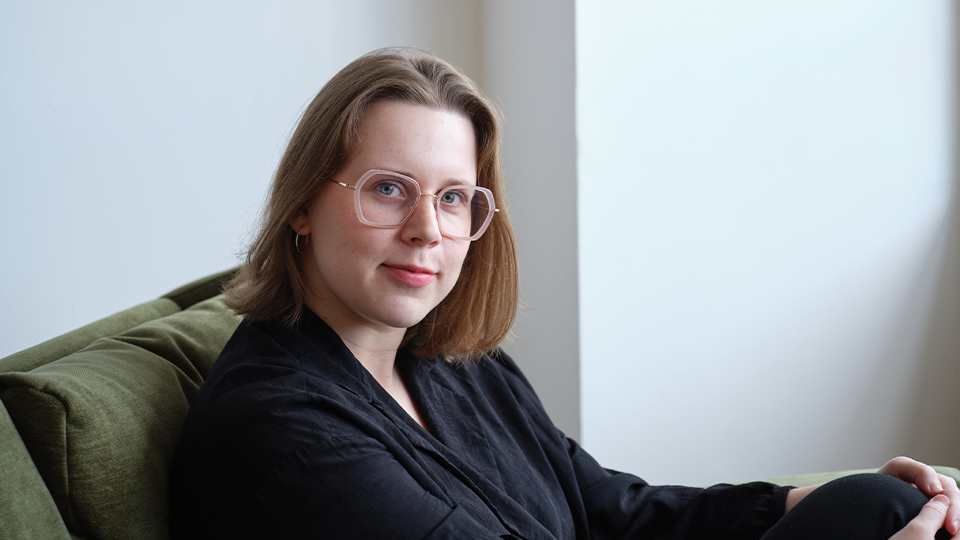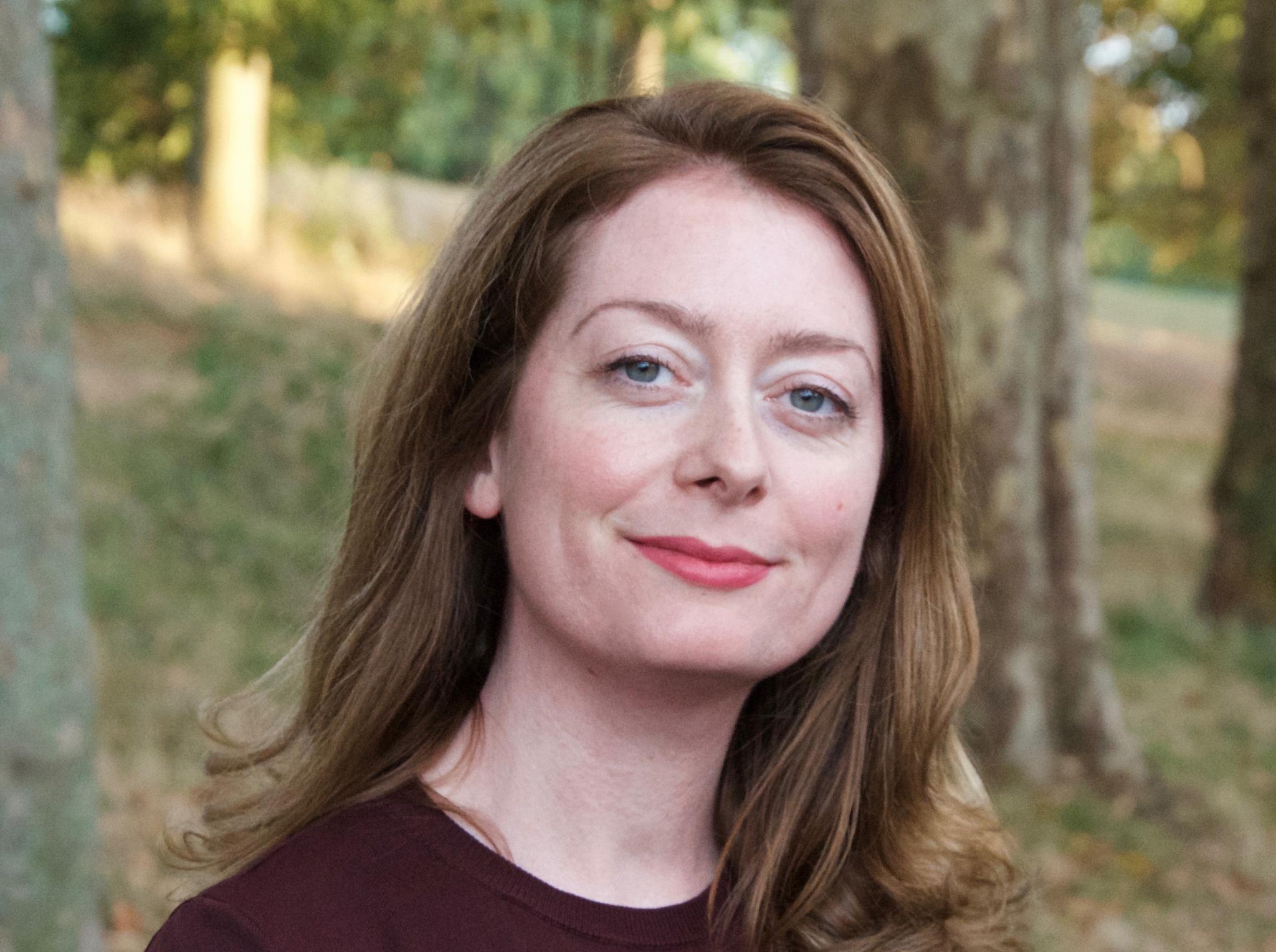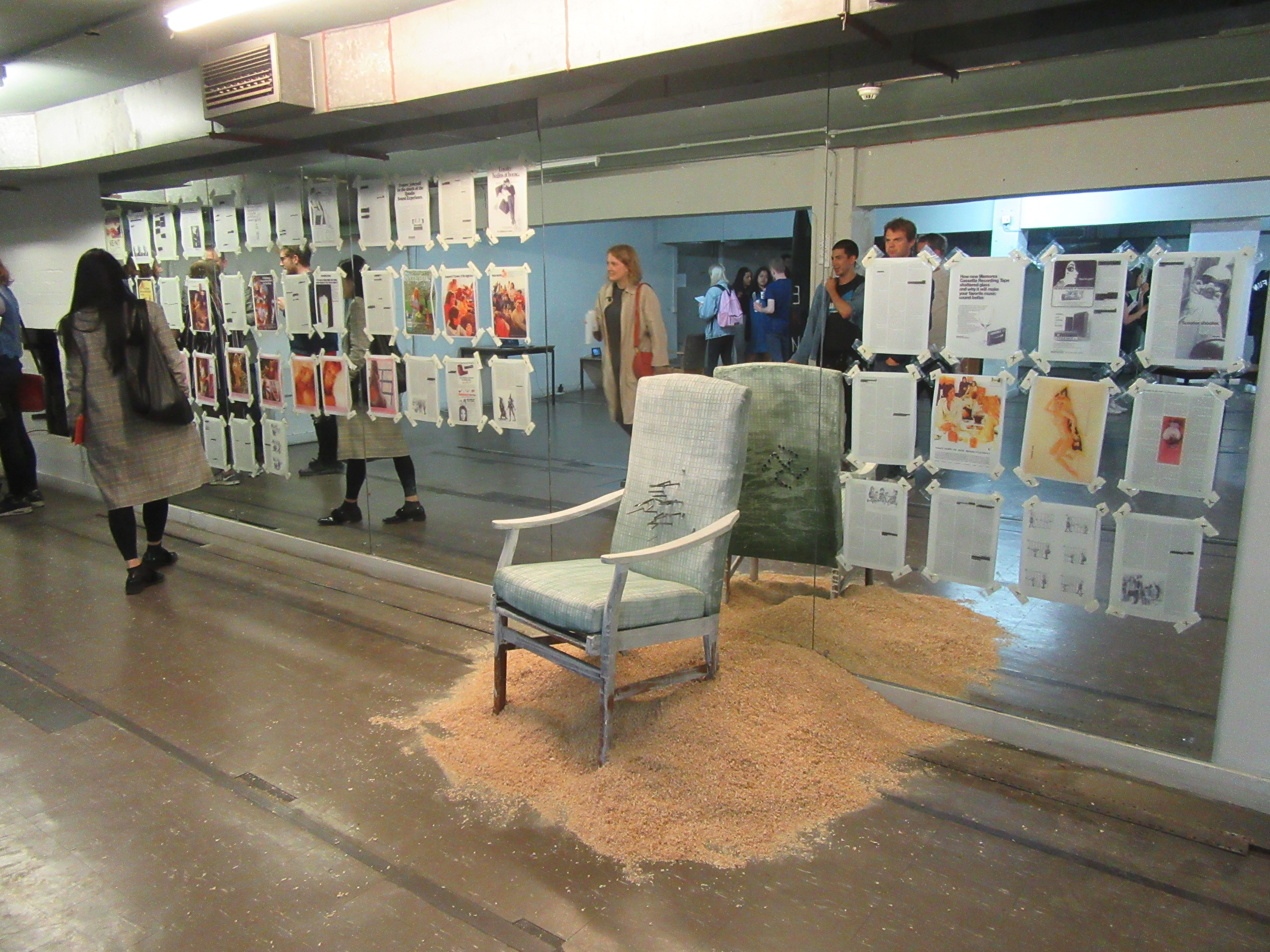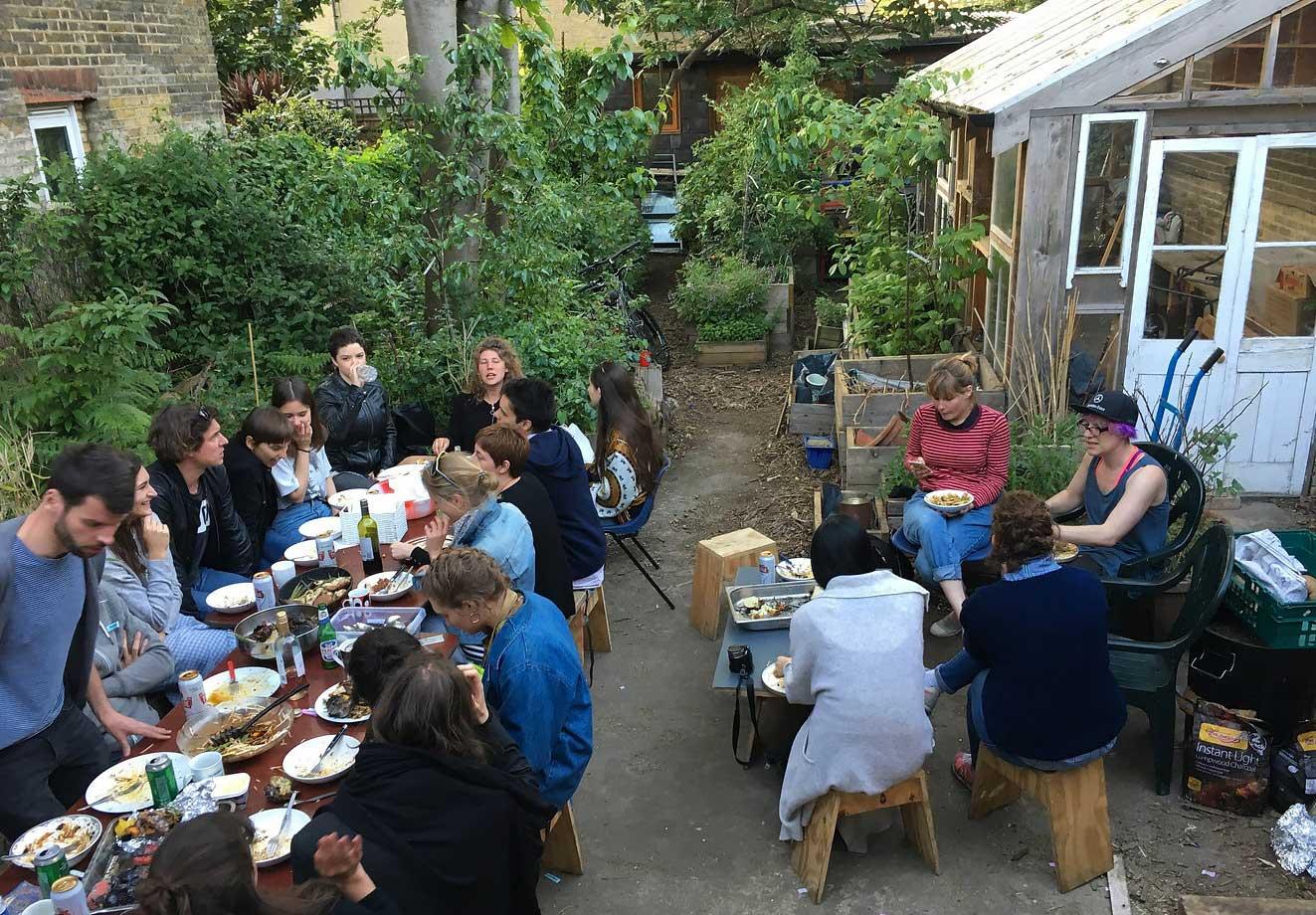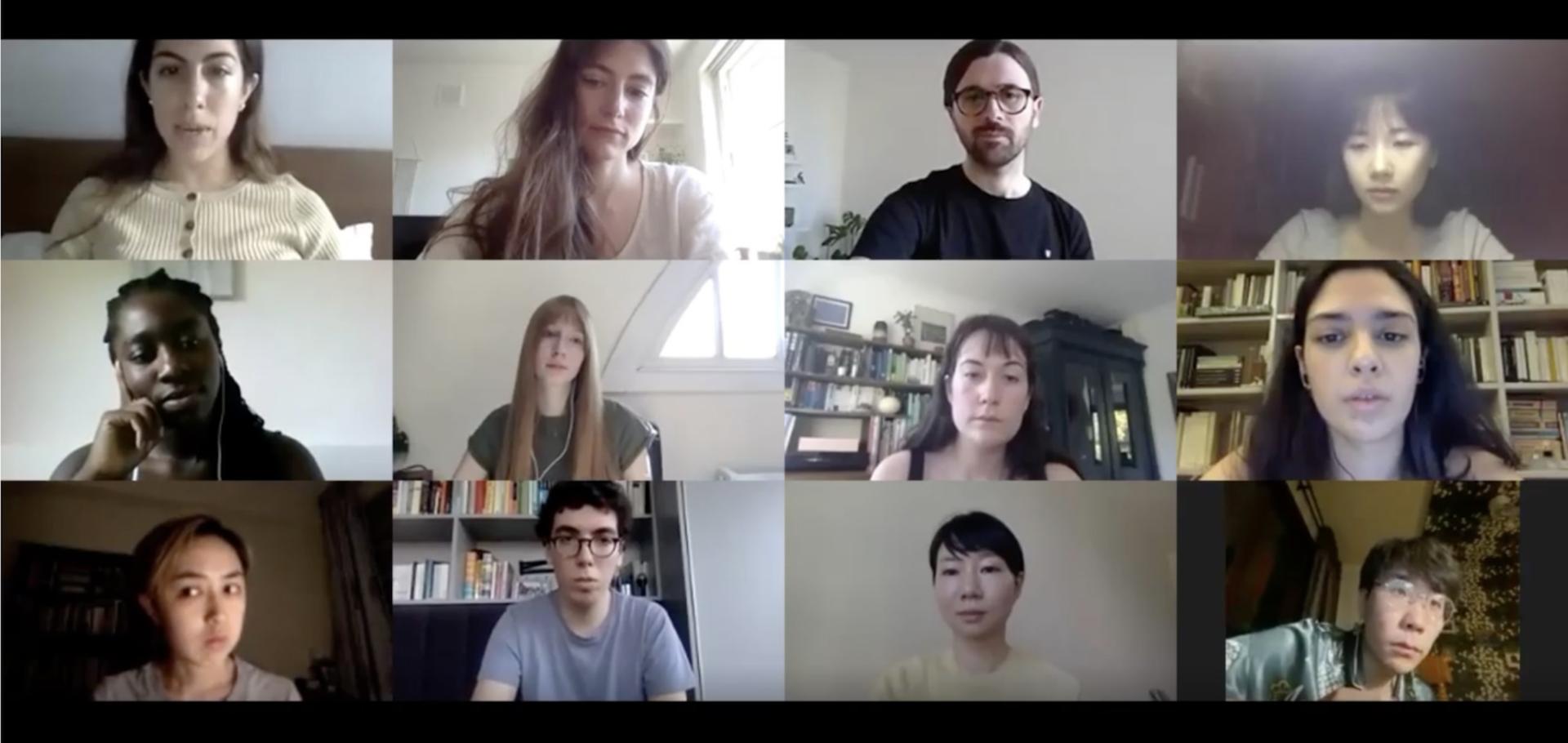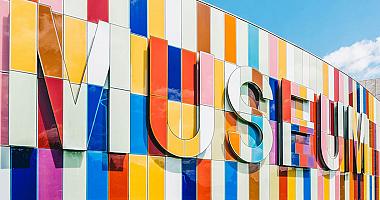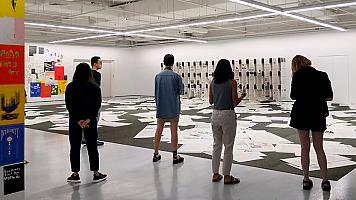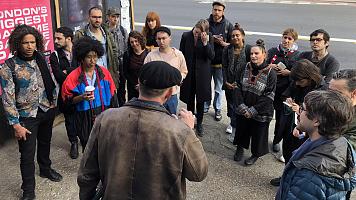I have continued to develop my curatorial and academic interests, and have realised several curatorial projects across Europe and Asia.
Enriching and rewarding
It was an incredibly enriching experience to study at Goldsmiths. The faculty was supportive and always available to help and guide me towards a more successful outcome. During my studies, I was fortunate to be supervised by Dr Lynn Turner. Despite the challenges posed by the Covid-19 situation, her guidance and support helped me greatly in the completion of my dissertation.
Through this process, I was able to further develop my curatorial and academic interests in a more professional manner. Building upon my dissertation, I have continued to develop my curatorial and academic interests, and have realised several curatorial projects across Europe and Asia. This has been a rewarding experience.
Supportive and friendly
Additionally, Astrid Schmetterling provided me with opportunities to engage with other scholars in my field. After presenting my research paper, she invited Ifor Duncan to give a lecture and explore how my academic interests could intersect and evolve with those of other scholars. This was a valuable learning experience as we discussed a wide range of interesting themes and artworks.
Finally, I was also fortunate to have Astrid as my personal tutor. She was always friendly and supportive, not just in regard to academic matters but also in my personal life. As many students can attest, it can be a challenging experience to keep up with the fast-paced art scene and the academic readings in just one year. However, with Astrid's help, I was able to balance these demands and make the most of my time at Goldsmiths.
My favourite place on campus was the Library, where I had access to a wealth of resources, and the Goldsmiths CCA, where they host exciting and amazing exhibitions. Both of these places have greatly contributed to my academic and personal growth, and I am grateful for the opportunities they provide.
Curations and collaborations
I am currently working as an independent curator, following the completion of my MA programme. As an extension of my MA dissertation, I curated an exhibition titled 'Invasive Species Behind the Notoriety: Multi-directional Narratives for Abundant Futures' at the Asia Culture Center in Gwangju, South Korea. The project involved collaboration with artists and scholars, and it was a great opportunity to put into practice what I learned during my studies.
Since then, I have continued to curate various projects. Currently, I am also involved in a large-scale curatorial project, 'Five Inclusion Tactics for Seven Curators: empowering, supportive, cooperative, open, and fair,' in collaboration with other international curators based in South Korea and The Netherlands. In addition, I am working for the Seoul Museum of Art.
Personal practice
My work revolves around the idea of transcultural memory and the memory of species as a means of interpreting written and authored history. My curiosity in this area stems from my desire to shed light on the true nature of such memories.
I believe that literature, as a critical archive in the fourth phase of memory studies, has the potential to articulate a marginalised history and provide a glimpse of its existence prior to its erasure by the mainstream. My artistic practices explore this idea through re-editing and re-interpreting literary works, such as my recent video work, 'We Cannot be a Maxwell's Demon'.
This work employs the narrative of a preserving machine created by Doctor Labyrinth, which transforms musical scores into various animals. Through this metaphor, I question how memory can survive from the perspective of non-human beings. I believe that memory must undergo metamorphosis in order to stay alive and have impact, and my work reflects this idea.
I created this work using artificial intelligence, and while I had control over certain elements, the results generated by AI cannot be fully manipulated. This reflects the idea of the "entelechial equality of all" human and non-human beings, and the possibility of shared vitality.
In conclusion, my work seeks to shed light on the nature of memory and its importance in shaping our understanding of the world.
Advice for prospective students
For incoming students, I would like to offer advice to take advantage of the various resources available at Goldsmiths, including scholarships, career services, extracurricular opportunities, access to research facilities, libraries, and more.
Pursuing a Masters degree at university can be a challenging but rewarding experience, and having the right support can make all the difference. It is a significant step towards becoming a professional, and it's important to have the necessary resources to navigate any difficulties that may arise. In addition to academic advisors, tutors, and mental health services, there are ample resources available to help you overcome challenges and achieve success.
I encourage you to make the most of these resources, as they can help you succeed in your studies and beyond. By seeking out and utilising the available resources, you can make the most of your time at Goldsmiths and set yourself up for success.
